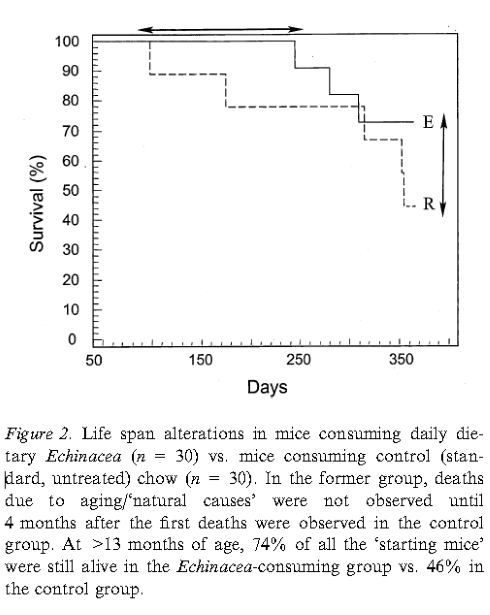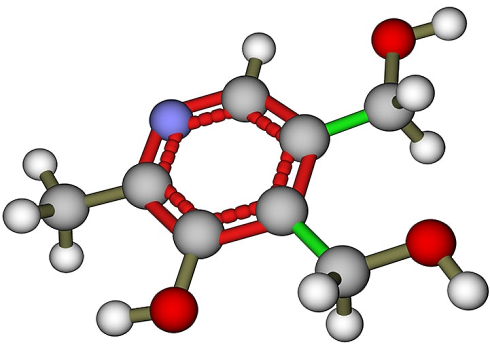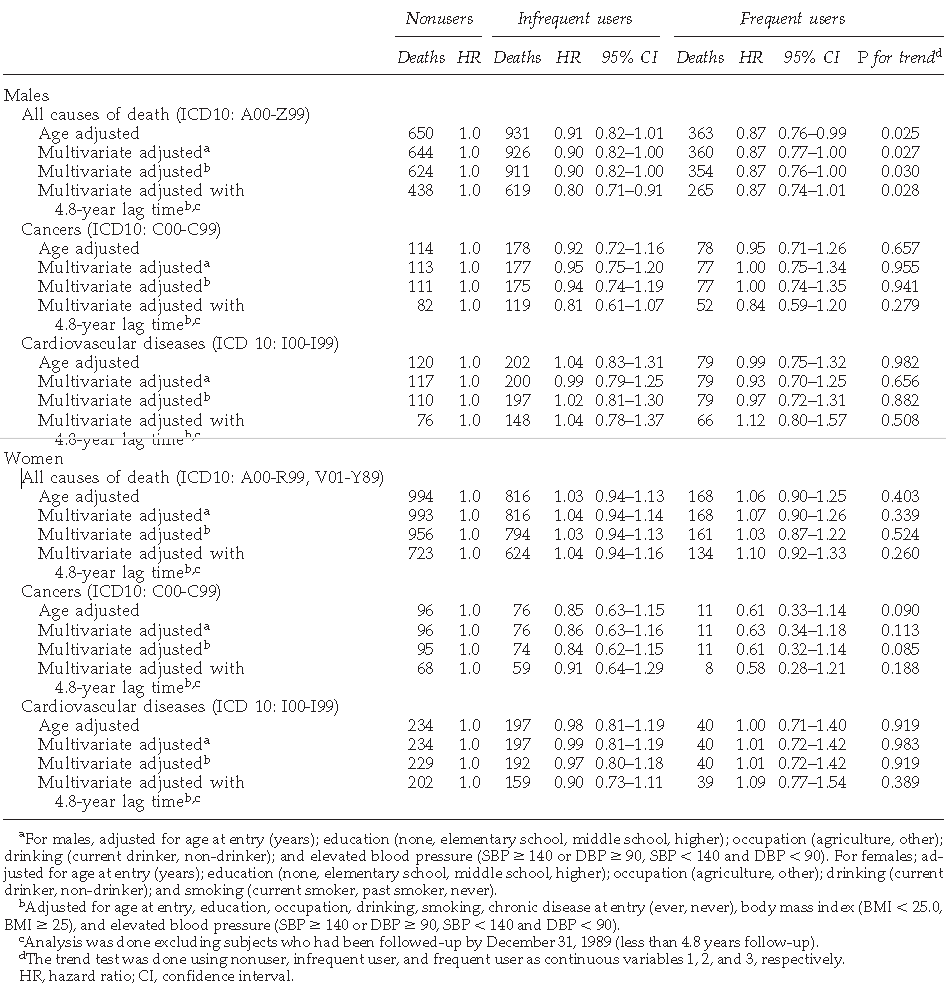|
Daily dose of Echinacea lengthens life span
If you give mice two milligrams of Echinacea purpurea every day from adolescence onwards, the animals reach a greater age, researchers at McGill University in Canada discovered. Especially during middle age, which is when mice and humans usually become more susceptible to cancer, this plant supplement reduces mortality.
Echinacea
Echinacea is an immunostimulant. Extracts of this plant stimulate the immune cells and give protection, for example against colds. If you've already got a cold, the Echinacea helps your immune system to fight the illness more quickly. Animal tests have shown the effect of Echinacea to be so strong that mice with tumours live longer if they are given Echinacea. [J Altern Complement Med. 2001 Jun;7(3):241-51.]
Cancer is more common in middle-aged people, especially those in their forties and fifties. It is around this age that the body starts to become more susceptible to viral infections. This may be because the production of immune cells starts to decline around this age. But it might be because the quality of the immune cells starts to decline. If healthy cells turn into cancerous cells, or are infected by viruses, immune cells try to get rid of them.
Study
This is why the Canadians wanted to know if mice would live longer if they were given a small amount of Echinacea in their food each day from a young age, and thus reduce their risk of developing cancer and virus infections.
The answer is yes. The figure below shows what Echinacea does to the lifespan of the mice.

The supplement increases the manufacture of immune cells in the bone marrow of the mice, as shown in the figure below. The effect on the Natural Killer cells [NK] was particularly strong. NK cells are immune cells that don't learn, and therefore exterminate all cells they regard as vaguely suspicious.
NK cells are part of the immune system's first-line defences.

Mechanism
One theory that the Canadians put forward is that sugar chains in the Echinacea plant, the arabinogalactans, are absorbed by immune cells, which prompts the production of proteins such as interleukin-1, TNF-alpha and interferon-beta-2. These proteins activate the NK cells. Another possible mechanism is that the alkylamides – Echinacea compounds that interact with the CB2 receptor – activate NK cells.
The researchers don't exclude the possibility that it's yet another mechanism that's responsible for the life-lengthening effect of Echinacea. But there's no doubt in their eyes that Echinacea extends the lifespan of mice.
Source:
Biogerontology. 2005;6(3):157-63.
More:
Echinacea purpurea better flu virus inhibitor than oseltamivir 03.02.2021
These Echinacea components kill cancer cells 03.08.2020
Echinacea keeps immune system up & running in times of severe stress 18.05.2018
Archives:
Echinacea
Longevity
|
|






